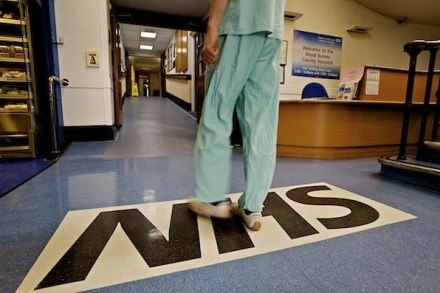A watery wilderness
There is a distinct nip in the air as I slide quietly from the riverbank into the water. November may be the start of Botswana’s summer, but in the early morning a fleece is still an essential item of clothing. The hippo have finished their nightly wanderings, returning along the ‘hippo highway’ to their watery abodes. The birds have just woken up, stretching and warming their wings in the sunlight. Their squawks and occasional warning calls mingle with the rustling of the grasses and reeds and the gentle slap of the water against the sides of my canoe. The Gomoti River is at the very edge of Botswana’s Okavango Delta.




















